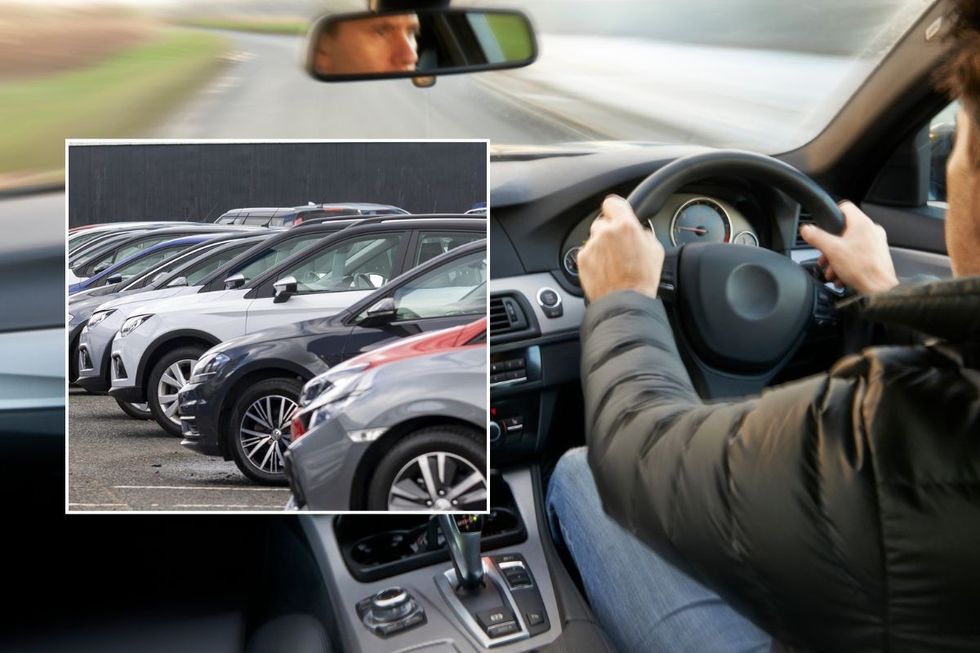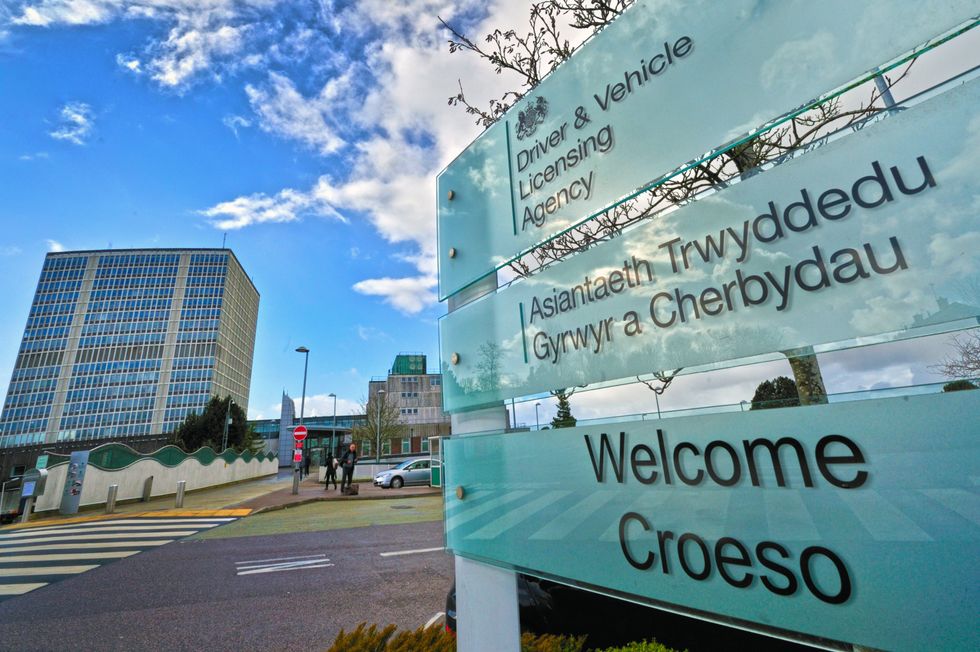Drivers with sleep conditions can access taxpayer-funded cars in benefits leasing scheme
New data has found that more than 400 people with sleeping disorders have accessed taxpayer-funded vehicles through the Motability benefits scheme.
The data shows 420 people listing obstructive sleep apnoea as their primary medical condition received cars through the programme in 2024.
Government research found that an additional 190 claimants with narcolepsy were also involved in the scheme.
The taxpayer-subsidised scheme enables eligible individuals to exchange portions of their personal independence payments for vehicle leases.
Do you have a story you’d like to share? Get in touch by emailing motoring@gbnews.uk

Motorists with certain medical conditions are able to use the Motability scheme
GETTY
The revelation emerges as the Government faces mounting pressure over welfare spending, with the Motability programme costing £600million annually.
Obstructive sleep apnoea causes breathing to repeatedly stop and start during sleep, resulting in frequent night-time awakenings and loud snoring.
The NHS identifies daytime symptoms as fatigue, mood swings and headaches.
The condition requires notification to the Driver and Vehicle Licensing Agency (DVLA) upon diagnosis.
On the official NHS website, the health service states that sufferers “must not drive until symptoms are under control”.
Narcolepsy, a chronic neurological condition, causes excessive daytime drowsiness alongside hallucinations and memory problems.
The Motability scheme permits those receiving the highest rate of mobility PIP to lease vehicles, sometimes requiring an initial payment.
Carers and parents may also drive these vehicles on the disabled person’s behalf. The programme supported 589,550 claimants in April this year.
Beyond sleeping disorders, the scheme extends to various other conditions, with 320 individuals with dyslexia and 420 with dyspraxia obtaining vehicles.
A total of 20 people listed food intolerances as their primary condition accessed cars, alongside 190 with social phobia.
The scheme faces increased scrutiny following the Government’s recent struggles with backbench MPs over welfare system reforms.
Prime Minister Sir Keir Starmer and Chancellor Rachel Reeves retreated from plans to reduce the benefits bill by tightening PIP eligibility criteria.

Drivers need to inform the DVLA if they have a medical condition that could affect their ability behind the wheel
DVLA
The proposed assessment changes were diluted and will apply only to new claimants, with existing recipients maintaining their benefits.
On Thursday, Conservative Party leader Kemi Badenoch declared: “We are going to have to draw a line in the sand about which conditions the state gives out support for.”
The Centre for Social Justice this week urged the Government to remove PIP and Universal Credit from individuals with milder anxiety, depression or ADHD.
The think tank calculated that such measures would generate £7.4billion in savings by 2029-2030 and proposed redirecting £1billion of these savings into frontline mental health services.


Comments are closed.